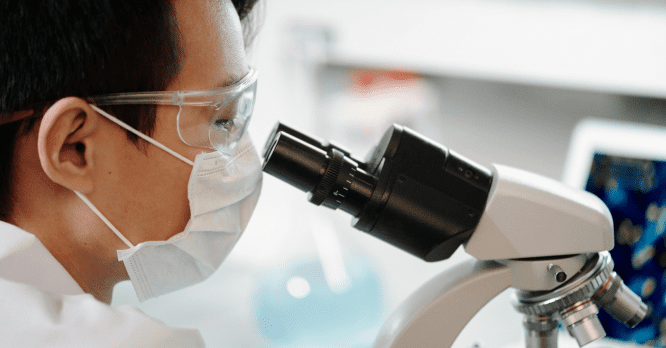Georgetown University is a private religious university in DC, founded in 1789 and offers Bachelor’s degrees for undergraduates and Master’s and Doctoral degrees for graduate students. The undergraduate enrollment is 7,357, and the graduate enrollment is 12,014. Georgetown University is a hyper-selective school, receiving 21,190 applications and accepting 11.7% of applicants. Georgetown University’s athletics teams compete at the intramural and varsity levels. Additionally, Georgetown University employs 1,162 full-time instructional staff (79% of whom hold doctorate degrees) and has an 11:1 student to faculty ratio.


